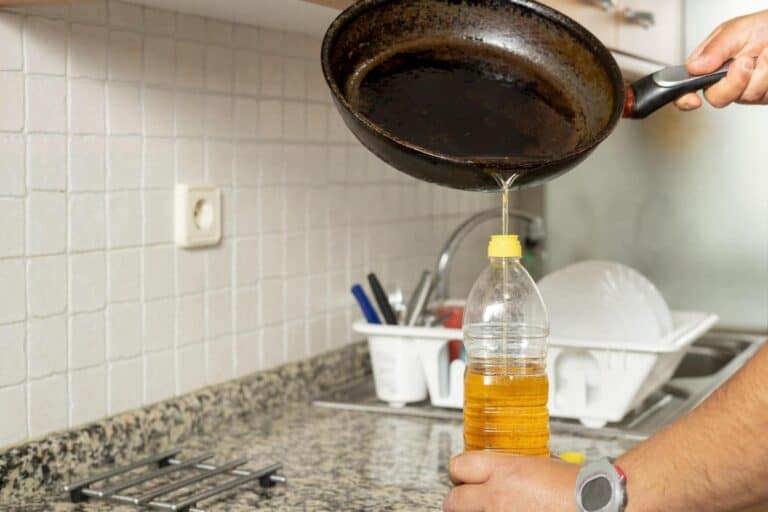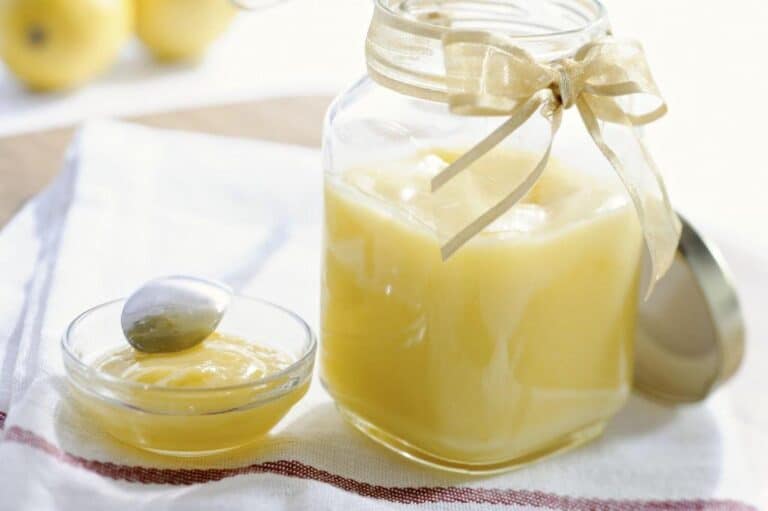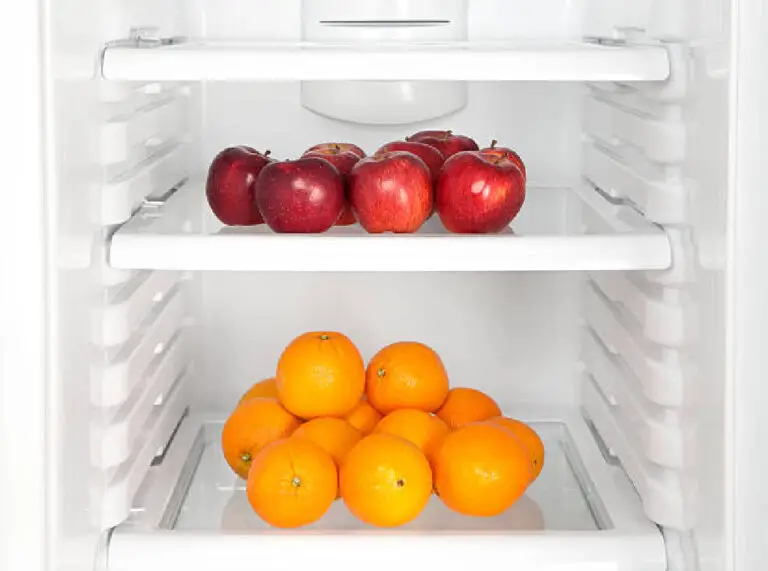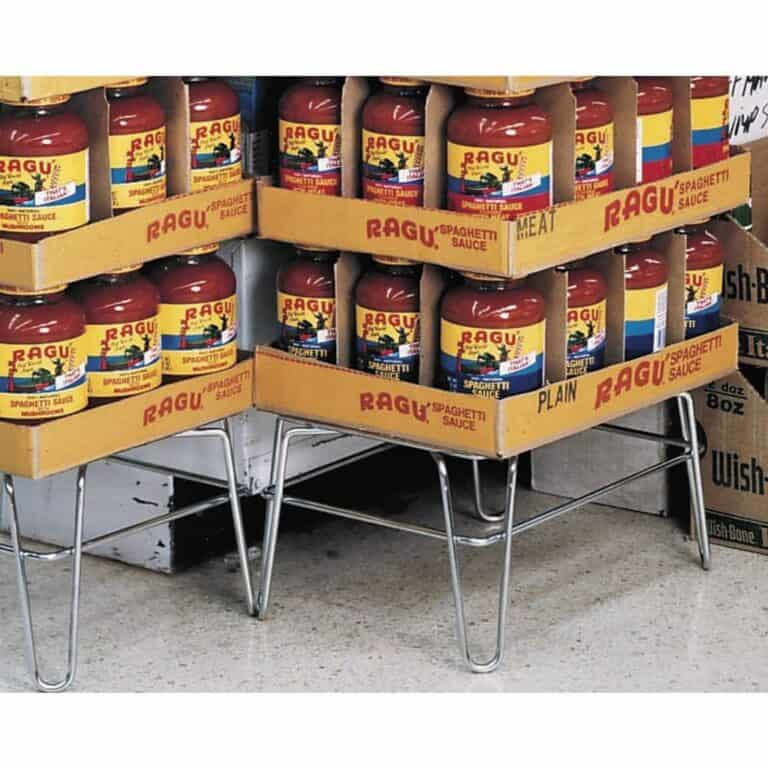Storing Vegetable Oil in the Fridge: How Long Will It Stay Fresh?
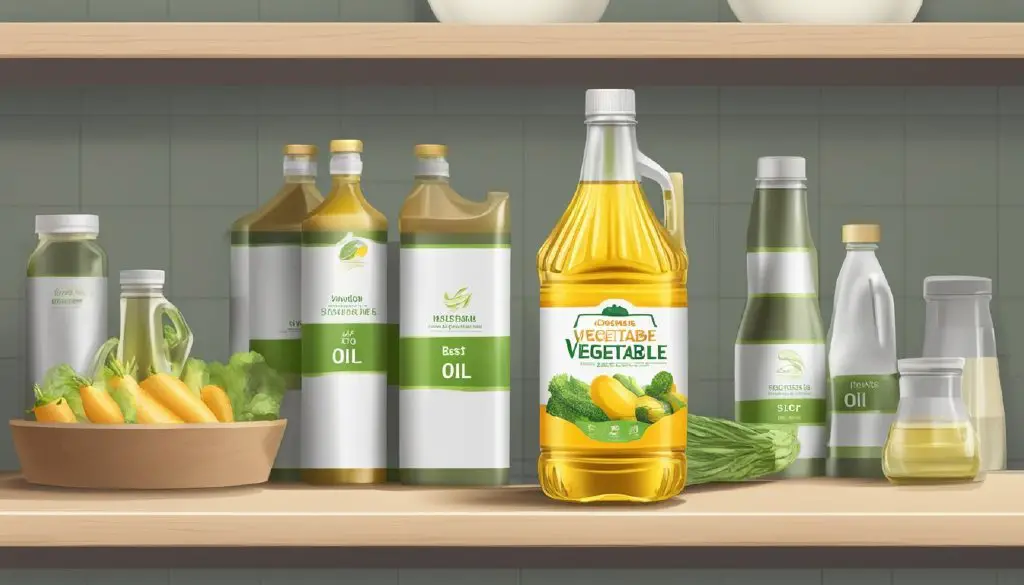
Vegetable oil is a staple in many kitchens, known for its versatility in cooking and baking. But have you ever wondered how best to store it to keep it fresh for as long as possible? While many people store vegetable oil in a pantry or cupboard, placing it in the fridge can offer additional benefits.
In this article, we’ll explore the good and bad of refrigerating vegetable oil. We’ll also cover how long it stays fresh and the best ways to keep it fresh.
Why Store Vegetable Oil in the Fridge?
Storing vegetable oil in the fridge may seem unconventional, but it can be a smart choice for extending its shelf life. Vegetable oil, like all fats and oils, can go rancid over time due to oxidation. This process occurs when the oil is exposed to air, light, and heat, leading to off-flavors and smells.
Refrigeration slows this process. It helps to keep the oil fresh and nutritious.
How Long Does Vegetable Oil Last in the Fridge?
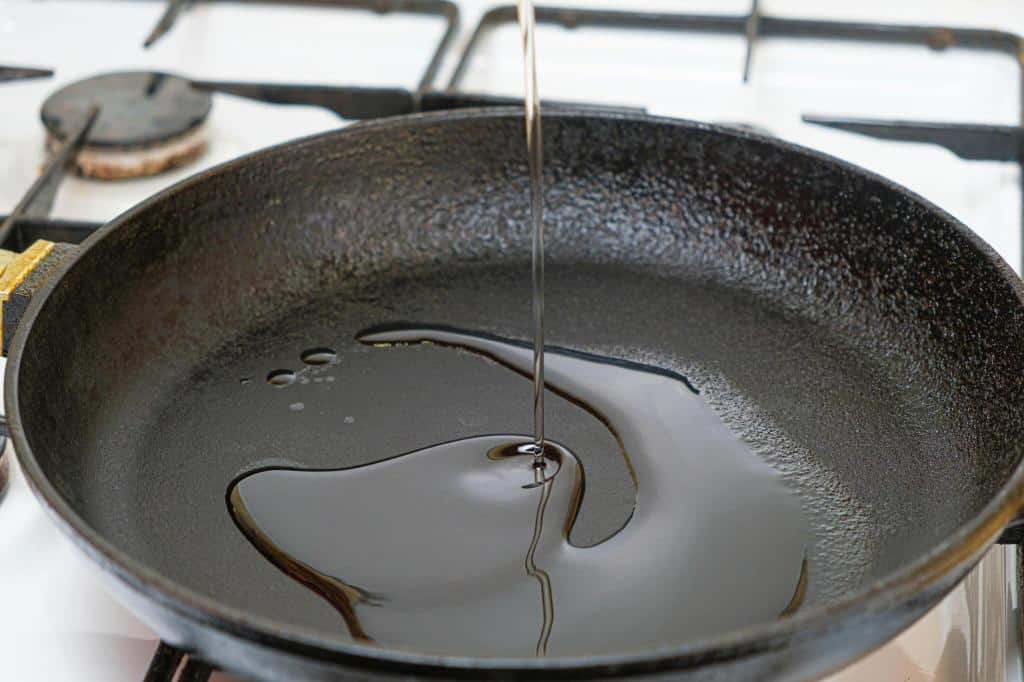
Vegetable oil that hasn’t been opened can last for up to 18 months in the fridge. Despite this, the date displayed on it is not the end of the validity period. In most cases, you’ll be able to make it last for a few months before the quality starts to degrade. If you keep it in a cold, dark area, it can last for up to a year.
The best-by date for opened cooking oil varies by the source. It ranges from 3–5 months to just the expiration date. This is true no matter when the container was opened.
You can extend the shelf life of your vegetable oil by refrigerating it after opening it.
Vegetable oils are the general name for oils produced from plants for human consumption. Condiments, margarine, mayo, and cookies are just a few of the processed foods that include these preservatives. Soy-bean oil, sun-flower oil, olive-oil, and coconut-oil are common vegetable oils.
What Are the Signs That Vegetable Oil Has Gone Bad?
Vegetable oil has a shelf life of 12 to 18 months, however, it can become rancid within that time. In the same way that other fat-based products degrade, this one will eventually become unusable and unsafe to eat or drink.
Rancidification occurs faster once you’ve opened the container. How you keep it also has an impact.
Like some other oils, it is hard to predict how long a particular oil is going to be effective. So instead of depending on dates, it’s far preferable to evaluate the oil’s quality.
There are several ways to identify whether vegetable oil has gone rancid.
Vegetable Oil Spoilage Warning Signs
Even with refrigeration, it’s essential to check your vegetable oil regularly for signs of spoilage. Look for these indicators:
- Off-Smell: Fresh vegetable oil has a neutral odor. If it develops a rancid, sour, or metallic smell, it’s time to discard it.
- Unusual Taste: Taste a small amount. Spoiled oil may taste bitter, stale, or otherwise unpleasant.
- Change in Color: Fresh vegetable oil is typically golden or light yellow. If it darkens significantly, it may be past its prime.
- Cloudiness: Vegetable oil should be clear. Cloudiness, especially if it’s accompanied by solid particles, can be a sign of spoilage.
Don’t waste your time with a bottle of olive oil that has been sitting around for months, even if it’s a fresh new bottle. It’s better to be on the safe side than on the wrong one.
What Happens to Vegetable Oil When It’s Used?
Air, light, and heat accelerate the rancidification process of the oil, and if you use the same oil several times it may be a terrible idea.
To put it another way, a thirty minute cooking session can have as much of an impact on the oil as two months of it sitting open and exposed to air.
To top it all off, vegetable oils are a lot more likely to go rancid than saturated fats. Lard, as opposed to vegetable oil, is hence a better choice for recycling.
However, if you’d like to repurpose your cooking oil, keep the following in mind:
Try to use the oil to make similar dishes, or even the identical one, to get the best results. Because the oil absorbs the taste of the dish, if you use it to fry seafood, it renders it practically indestructible for any other purpose.
Think about how “dirty” the food you’re preparing is before you start cooking. If the oil is used to fry pancakes rather than breaded meat, the final product will have a higher quality.
Best Practices for Storing Vegetable Oil
To ensure your vegetable oil stays fresh for as long as possible, follow these best practices:
- Keep It Sealed: Always store vegetable oil in a tightly sealed container. Exposure to air speeds up the oxidation process.
- Use an Airtight Container: If possible, transfer your vegetable oil to an airtight container if it’s not already in one. This further minimizes exposure to air.
- Store in the Coldest Part of the Fridge: Place the oil in the coldest part of your fridge. It’s typically near the back, where the temperature is most steady.
- Avoid Frequent Temperature Changes: Try to keep the oil at a stable temperature. Frequent temperature changes can cause condensation inside the bottle, which can affect the oil’s quality.
Table: Vegetable Oil Storage Guidelines
| Storage Method | Shelf Life | Key Considerations |
| Pantry or Cupboard | 6-12 months | Store in a cool, dark place; keep tightly sealed. |
| Refrigerator | 1-2 years | Reduces oxidation; store in the coldest part of the fridge. |
What to Do if You Can’t Refrigerate Vegetable Oil
If you don’t have space in your fridge, you can still keep vegetable oil fresh by following these alternative storage tips:
- Choose dark bottles. They protect the oil from light. Light can make it go bad.
- Store in a Cool, Dark Place: Find a cool, dark cupboard away from heat sources, such as stoves and ovens.
- Use within the Recommended Time: Make a note of the purchase date and try to use the oil within its suggested time frame to ensure quality.
Conclusion
In this brief article, we answered the question, “How long does vegetable oil last in the fridge?”
References
https://www.healthline.com/nutrition/are-vegetable-and-seed-oils-bad

